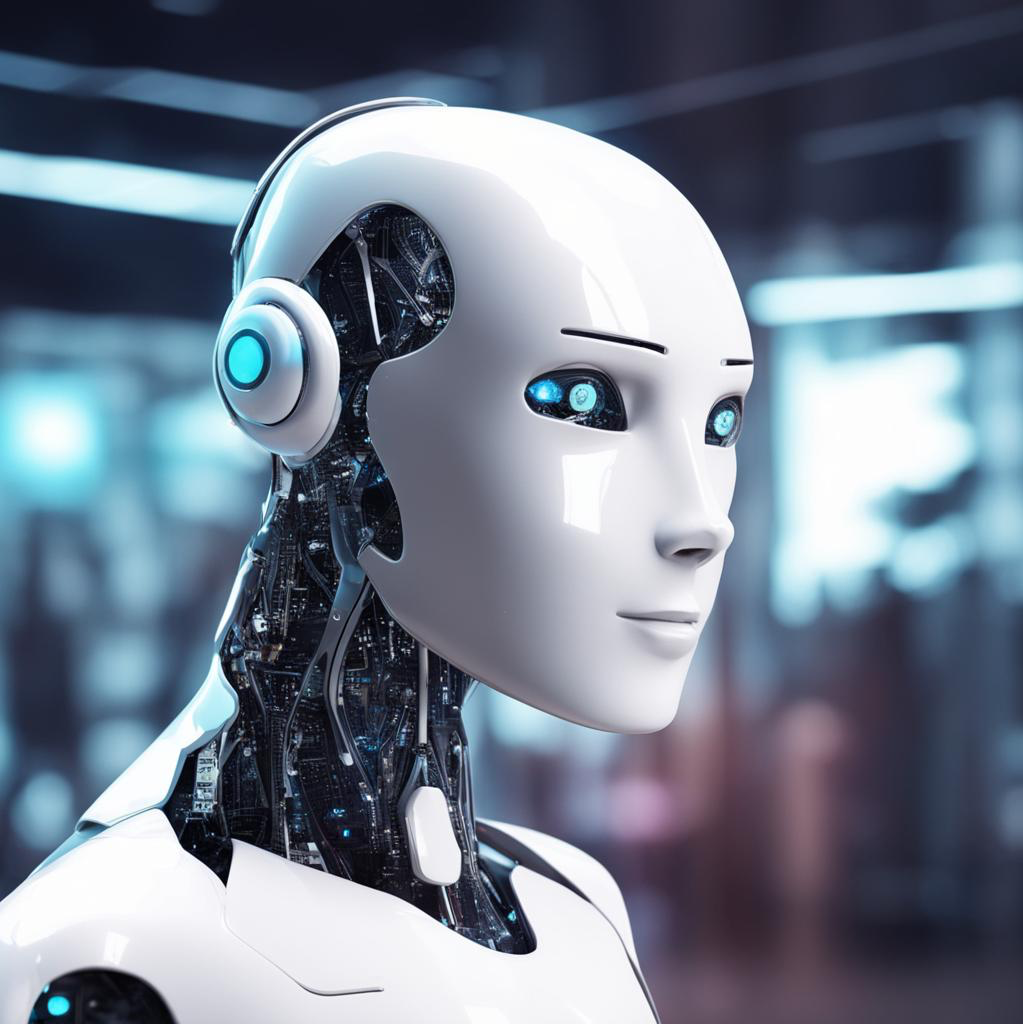Step into a world where reality and imagination blend seamlessly, where dragons roam the streets, and treasure chests materialize before your eyes. Augmented Reality (AR) games have revolutionized the way we interact with our surroundings, bringing digital elements into the real world. But what if I told you that Artificial Intelligence (AI) is set to take these immersive experiences to a whole new level? Let’s dive into how AI is shaping the future of AR game development.
The Evolution of AI in Gaming
In the realm of gaming, Artificial Intelligence (AI) has undergone a remarkable evolution over the years. Initially limited to basic decision-making processes in games, AI has now advanced to intricate systems that can adapt and learn from player behavior.
Developers have harnessed AI algorithms to create non-player characters (NPCs) with more realistic behaviors and challenging gameplay scenarios. With machine learning techniques, AI can analyze vast amounts of data to predict player actions and adjust game dynamics accordingly.
The integration of AI in gaming has revolutionized how players interact with virtual environments, providing more immersive experiences. From strategizing enemy movements to generating personalized content for users, AI continues to push the boundaries of what is possible in game development.
As technology advances further, we can expect even greater innovations in how AI shapes the future of gaming.
How AI Enhances Augmented Reality Games
In the world of augmented reality games, artificial intelligence plays a crucial role in enhancing the overall gaming experience. AI algorithms are utilized to personalize gameplay for each player, creating unique challenges and interactions based on individual preferences and behavior patterns.
AI enables AR games to adapt in real-time to environmental changes, player movements, and interactions with virtual objects. This dynamic responsiveness adds an element of unpredictability and excitement to the game, keeping players engaged and immersed in the virtual world.
Furthermore, AI-powered chatbots within AR games can provide players with instant assistance, guidance, and feedback. These virtual assistants enhance the user experience by offering helpful tips or hints when needed, making gameplay more accessible for both novice and experienced gamers alike.
Moreover, AI-driven content generation algorithms can continuously create new levels, quests, characters, and challenges within AR games. This ensures that players always have fresh content to explore and keeps them coming back for more adventures in the augmented reality realm.
Real-World Examples of AI in AR Game Development
In the realm of augmented reality game development, AI plays a crucial role in enhancing user experiences and creating dynamic gameplay. One real-world example of AI integration is seen in “Pokémon GO,” where machine learning algorithms are utilized to predict player behavior and optimize gameplay mechanics.
Another notable instance is the use of AI in spatial mapping within AR games like “Ingress.” By leveraging AI technology, these games can accurately overlay virtual elements onto real-world environments, providing users with a seamless and immersive experience.
AI-powered NPCs (non-playable characters) in AR games such as “Harry Potter: Wizards Unite” add depth and complexity to interactions, adapting their behaviors based on player actions. This creates a more engaging and personalized gaming experience for users.
The incorporation of artificial intelligence into augmented reality game development continues to push boundaries and redefine how players interact with virtual worlds.
Challenges and Benefits of Using AI in AR Game Development
Navigating the world of augmented reality game development comes with its set of challenges and benefits when incorporating artificial intelligence. One challenge is ensuring that AI algorithms enhance gameplay without overshadowing the AR experience itself. Balancing these elements requires meticulous planning and testing to achieve seamless integration.
On the flip side, AI brings a myriad of benefits to AR game development. From creating personalized player experiences to optimizing in-game mechanics, AI has the potential to revolutionize how players interact with virtual environments. By analyzing player behavior and preferences in real-time, developers can tailor gaming experiences to individual users, enhancing engagement and immersion.
AI’s ability to adapt and learn from gameplay data enables dynamic content generation, keeping AR games fresh and exciting for players. This technology also empowers developers to automate certain tasks like bug detection and resolution, streamlining the game development process for greater efficiency overall.
Embracing AI in AR game development opens up a world of possibilities while presenting unique challenges that require innovative solutions for a truly immersive gaming experience.
Conclusion
In the fast-paced world of augmented reality game development, AI plays a crucial role in enhancing user experiences and pushing boundaries. As technology continues to evolve, we can expect AI to become even more integrated into AR games, creating immersive and interactive worlds for players to explore. Embracing the power of AI in AR game development opens up endless possibilities for innovation and creativity. By harnessing the potential of artificial intelligence, developers can take their games to new heights and deliver truly unforgettable gaming experiences. The future of AR gaming looks exciting, promising, and full of endless opportunities with AI leading the way.
